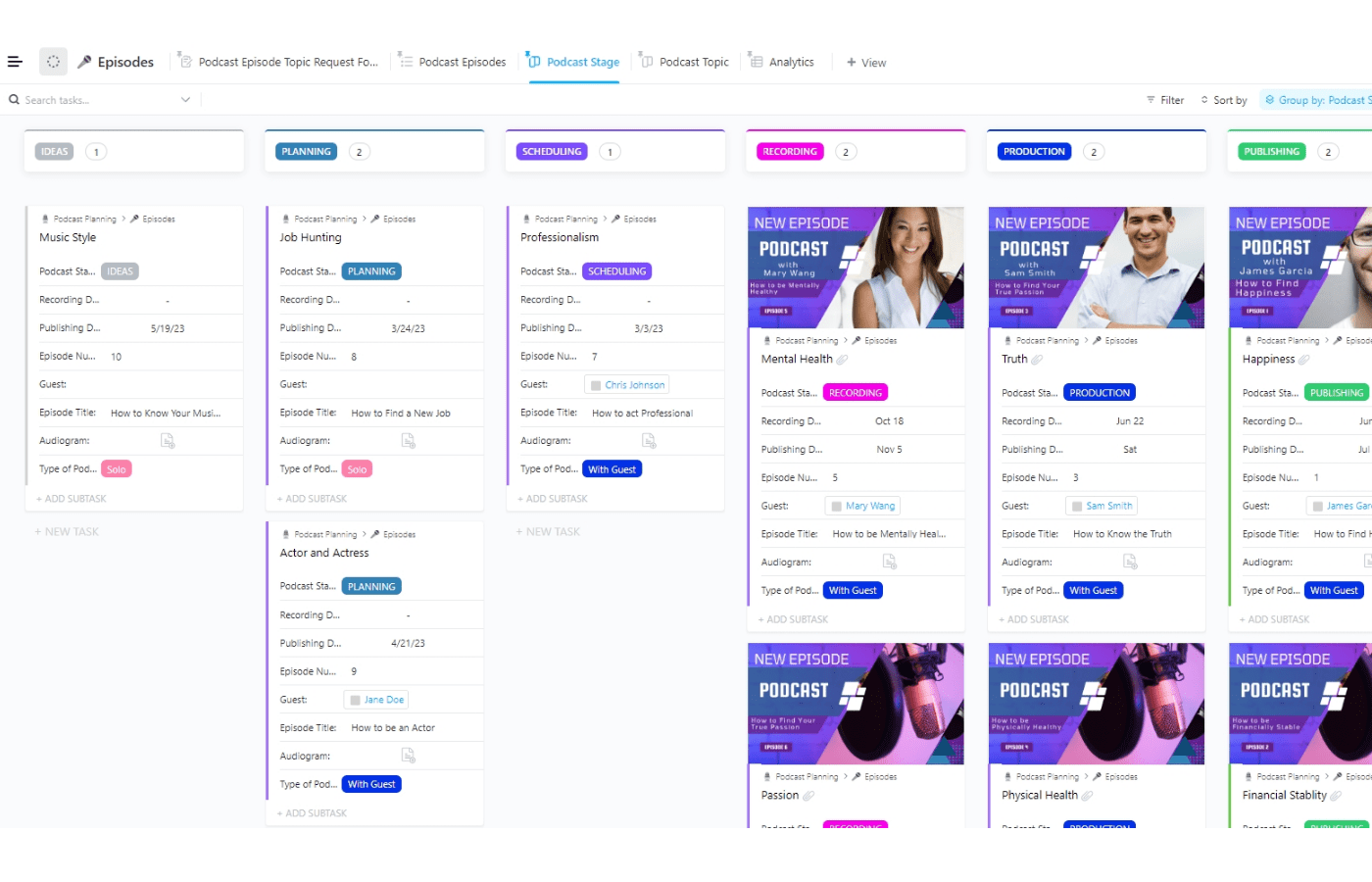Being a project manager on your first project is a major challenge. In the following article, we will give you 10 tips to successfully manage your first project.
10 Tips for Successful Project Management
1. Write a general overview
To start, you need to create an overview that will guide you throughout the project. Define the purpose of the project. Be clear and include only the most important and realistic plans that you will execute. The overview can serve as a guide if you face problems.
READ MORE: How to Write Effective Project Objectives
2. Define your goals and expectations
Define the goal of your project and make sure everybody understands it. After you have set your goal, come up with expectations to successfully complete the goal.
Inform your team about your goals and expectations for the project. For each member, consider putting on paper general guidelines and strategies to follow. This could include their tasks and the expectations for completing them.
READ MORE: Project Management Checklist
3. Ensure good communication
For your team to work as a unit, it is fundamental that there is good communication between everyone: yourself, the team, and between team members. Good communication between team members prevents potential problems during the project.

4. Get to know your team
The members of your team are the force which drives the whole project forward. You will want them to effectively and efficiently complete their tasks. Therefore, take some time to get to know the members of your team. This allows you to know their strengths and weaknesses so that you can properly delegate tasks.
5. Be supportive
So that the project can run smoothly, ensure good collaboration between team members throughout the project. You should not merely act as a project planner and controller, but also a mentor. Establish your authority as the project leader, but ensure that it is based on positive aspects of leadership – to provide help and advice for your team members.
6. Assess risks
Every project has its unique set of risks which could arise at some point. Assessing potential risks in a timely fashion is essential for the success of your project. Take time to investigate the weak points of your project and warn your team members about them. A good way to manage risks it to use a risk breakdown structure.
7. Motivate the team
Everybody needs proper motivation in order to successfully carry out a job. Don’t mention tasks and project deadlines too often, as this can impact work performance. Instead, motivate team members by praising their work (if deserved) and provide helpful advice when someone is having problems.
8. Be flexible
Sometimes the plan you’ve outlined simply does not carry out the way you would have liked. If this happens, maintain a positive attitude and work out a solution with your team members. If some parts of the initial plan do not work, you can adopt an alternative solution. A flexible and open attitude will help you effectively handle obstacles.
READ MORE: How to Write a Project Proposal
9. Always have a plan B
A back up plan in case the initial one does not work is necessary to successfully finish a project. A skilled manager does not allow himself to be taken by surprise and always plans ahead. Accept the possibility that the plan you adopted at the start of the project might not work. So, make sure you have the right solution in case there is a need for it.
10. Closing the project
Assuming you have clearly set the goal of your project. The work on the project and the process involved are there to enable a successful completion. Confirm project delivery, testing and make necessary preparation for its release, all according to the agreement with the customer.
READ MORE: What is Project Management? Definition, Types & Examples
Conclusion
Preparing for a project is a long sometimes exhaustive process. We understand that the first project is very important for any aspiring project manager. Successfully completing your very first project will improve your chances for future work.





